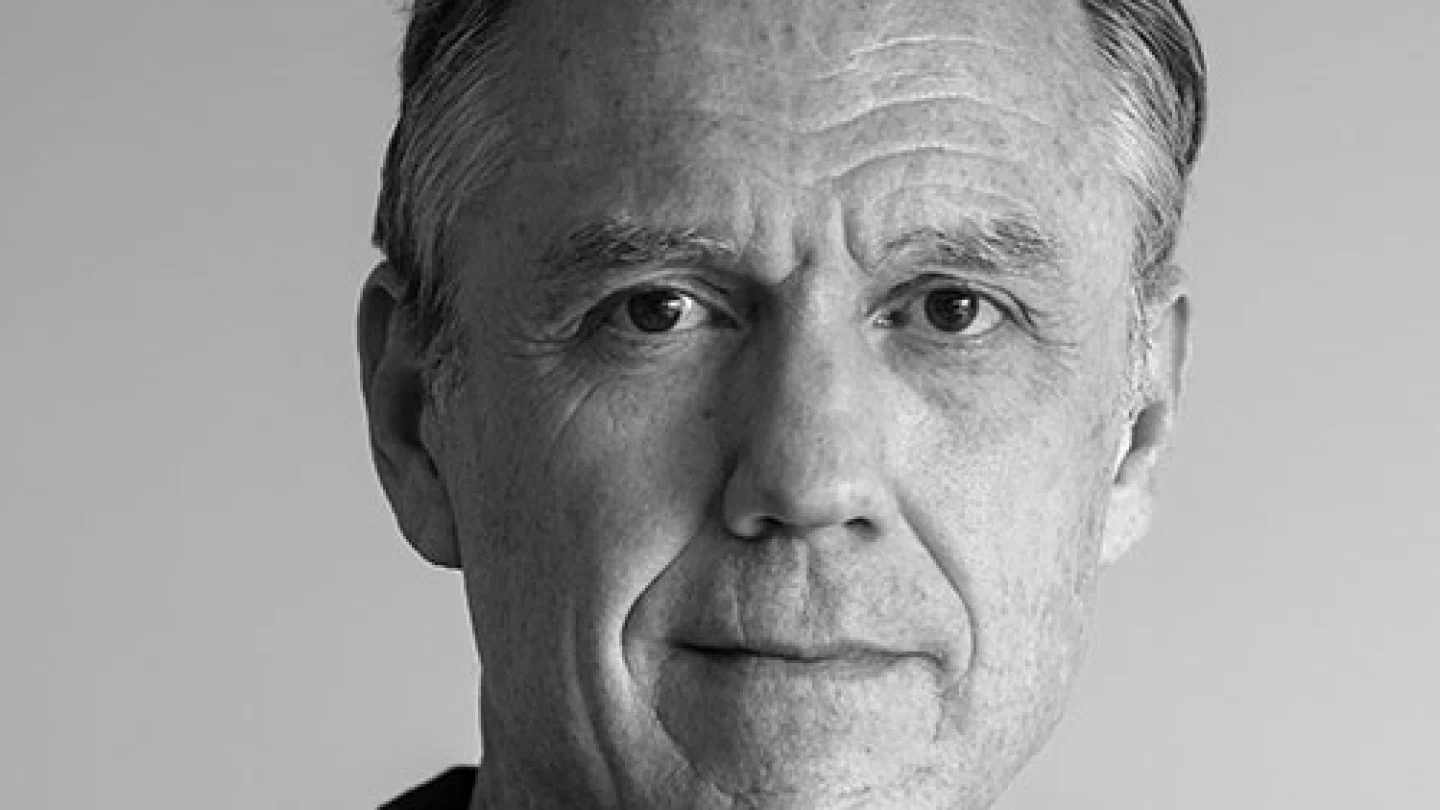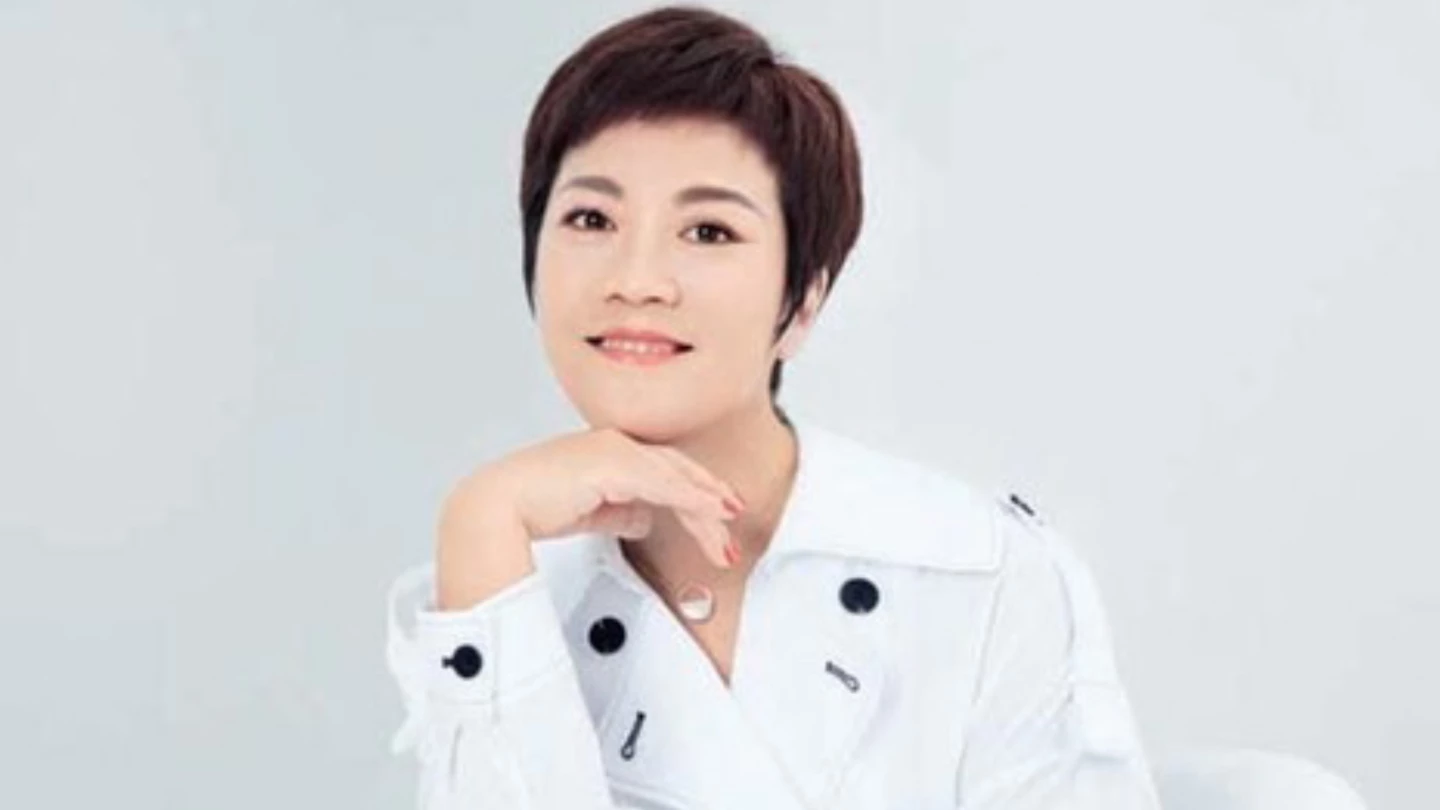You were an early partner during the foundational years of BCG in Australia and New Zealand and led the Melbourne office until your retirement in 1999. Could you share a glimpse into those early days of BCG’s journey in the system?
When I first arrived in Australia in 1982, I joined a very small firm—Pappas Carter Evans & Koop—which had four partners and just three Sydney-based employees at the time. I was the only non-partner in Melbourne, working alongside George Pappas and Colin Carter. It was an exhilarating period. The only big competitor was McKinsey, and they weren’t particularly strong in the region. We were helping clients understand the emerging concept of competitive advantage and encouraging them to think strategically. The work was intellectually exciting, and the growth was fast—from just seven people to around 200 by the time I left 17 years later.
What are some of the memories or pivotal moments that have stayed with you from helping shape BCG’s growth in the region?
Because Australia’s economy is relatively small, the clients we served often had a sizable presence in national business coverage. You’d frequently see them on the front pages of the financial papers. That created a real sense of relevance and impact. But what stands out even more was the culture. We had a deeply collegial atmosphere. We brought partners’ spouses into the social fold—what we jokingly called ‘spouse-equivalent units’—and enjoyed a healthy balance of fun and work. There was a sense of community and real joy in the work.
You can’t lead effectively if you don’t understand different perspectives, cultures, and ways of thinking. Having a life outside of business gives you stories, ideas, and insights that allow you to connect meaningfully with people.
After graduating from BCG, you pursued a PhD in ancient history and later published Poiesis. How did your consulting experience influence your academic work?
After BCG, I was involved in a variety of activities—serving on pro bono boards, doing legal expert witness work, even attempting to get my head around biotechnology (less successfully). Thanks to Larry Kamener, I was introduced to the Vice Chancellor of Melbourne University, which led me to advisory work on campus. Being in that environment rekindled a long-standing interest in classical history, and I thought, ‘Why not pursue a PhD?’ I asked myself what I could offer that others might not—and realized my consulting background in manufacturing could give me a unique lens. I applied modern business concepts like competitive advantage and barriers to entry to analyze ancient Athenian manufacturing. It helped explain why some industries grew large and others remained small household operations and why some people became rich from manufacturing. That cross-application was both useful and a lot of fun.
You recently released a comic autobiography, Clouds, Birds, Frogs, and Me, from the perspective of Aristophanes. What inspired this creative project and what do you hope readers take away from it?
Poiesis was incredibly rewarding but also quite technical—dense with citations, footnotes, and detailed discussions on everything from pottery to metalworking. But I kept thinking about how vibrant life must have been in ancient Athens. If you understand how a society manufactures and trades, you understand how people live. Yet that everyday world is often overshadowed by the focus on politics, philosophy, or literature. Aristophanes—through his plays—offers a rare lens into that world. He was witty, raunchy, critical, and observant. Writing in his voice gave me a chance to portray everyday life in classical Athens through humor, storytelling, and satire.
Is the comic version of Aristophanes meant to be you?
The cover picture is not me, but I did identify with the personality and failings that I attributed to Aristophanes. The cover illustration was designed by my daughter, with help from a friend and some AI magic. It caught people’s attention right away. In fact, Stephen Fry took one look and said, ‘Oh, it’s Andre Agassi!’ Which, frankly, is a compliment.
And the title—Clouds, Birds, Frogs, and Me—how did that come about?
Those are three of Aristophanes’ most well-known plays. Anyone familiar with his work would recognize the reference. The title is a little absurd, which felt fitting, given both the content and tone of the book.
As President of Humanities 21 and a classical scholar, you’ve championed the relevance of the humanities in today’s world. Why does this matter to you?
While I was both advising the Vice Chancellor and enrolled as a student, it struck me how underappreciated the humanities had become. They were often seen as less practical—overshadowed by disciplines like IT, economics, or medicine. Yet my background in classics turned out to be more useful in consulting than even my Stanford MBA. Studying ancient history and philosophy teaches you to define questions precisely, identify what a robust answer would look like, and then build a reasoned, evidence-based case. These are the same analytical muscles we rely on in consulting. With Humanities 21, we brought academics into corporate settings—law firms, banks, industrial clients—to explore historical topics like the French Revolution or Roman military logistics. People immediately saw the relevance and value of these themes to their own work.
What about the link between the humanities and leadership?
Leadership is enriched by breadth. You can’t lead effectively if you don’t understand different perspectives, cultures, and ways of thinking. Having a life outside of business gives you stories, ideas, and insights that allow you to connect meaningfully with people. If you can speak to more than just your own world, you’re far more likely to inspire and guide others.
The best thing you can do is start planning before you need to, and trust in your ability to learn new things. Just because you haven’t done something before doesn’t mean you can’t do it well.
What advice would you give to BCG alumni considering a bold career pivot or second act?
Ideally, you shouldn’t wait until you’re an alumnus to start thinking about it. Don’t shut the door on your other interests. You don’t retire from something—you retire into something. And when that moment comes, it’s crucial to have a plan. I’ve seen too many people end their careers feeling suddenly irrelevant, unsure what to do next. The best thing you can do is start planning before you need to, and trust in your ability to learn new things. Just because you haven’t done something before doesn’t mean you can’t do it well. You’ve got a wealth of experience to draw on—use it.



